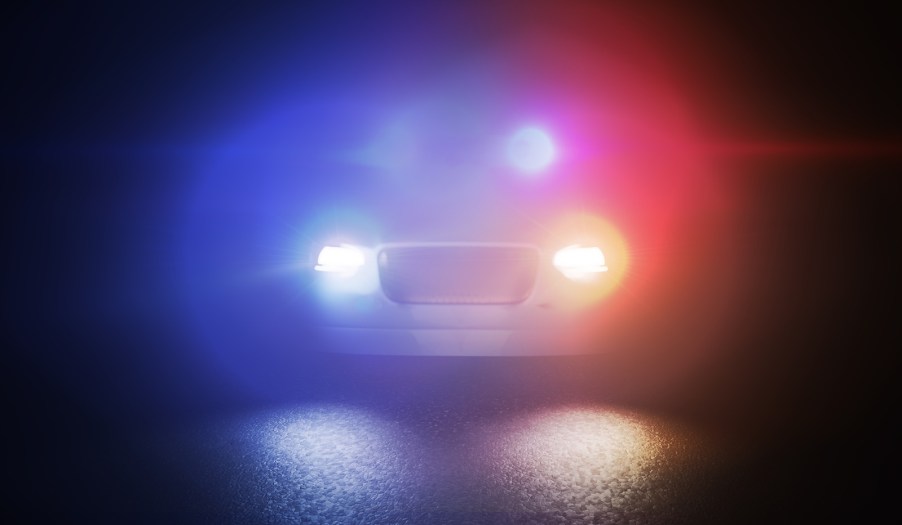
If a Plainclothes ‘Police Officer’ in an Unmarked Car Pulls You Over, Call 911 Immediately!
There’s a good reason police cars must be marked in a “uniform” way and officers completing traffic stops must present their badge. Criminals have been known to impersonate police officers to get away with various crimes. According to one highway patrolman, if you are unsure about the identity of a “police officer” you can always call 911 and follow the dispatcher’s directions.
An increasing number of states have begun allowing unmarked police cruisers to patrol the road looking for traffic violations. Many states even allow the officers in these unmarked cars to pull drivers over. But lawmakers know that criminals sometimes pose as police officers, so most states have added laws that make it difficult to impersonate a police officer driving an undercover car.
In some states, such as Michigan, officers in unmarked vehicles are patrolling to spot traffic violations. But their standard operating procedure is to note license plate numbers and call ahead to a marked patrol vehicle to complete the traffic stop.
In other states, such as Indiana, a police officer must be wearing an official uniform if they are going to stop a vehicle while driving an unmarked car. Conversely, a plainclothes officer in Indiana can only complete traffic stops using a fully marked vehicle.
Note that, many states have emergency exceptions to such rules. A plainclothes officer in an unmarked car, such as a detective, could stop you if they feel you are putting other motorists in extreme danger.
Also note that local definitions of “unmarked” may vary. In Kansas, for example, unmarked police cars still have the official door shield decal.
So what do you do if a plainclothes officer in an unmarked police car flashes their lights, blasts their siren, and signals for you to pull over–but you don’t feel safe with that situation, in that location? Ohio State Highway Patrolman Miller has some excellent advice. “Proceed to that well lit area or a public building, the fire department, hospital.”
Obviously, you don’t want to be charged with fleeing a police officer. But Miller has another suggestion, “Use your cell phone to dial 9-1-1 and talk to the dispatcher, let her know what’s going on, give your location and have her guide you as to what she wants you to do.”
Once you’ve called a 911 dispatcher, you know you’re talking with the good guys. So give them your exact location (including the nearest mile marker if possible), describe your own vehicle, and tell them your license plate number. The dispatcher should know if they have an unmarked unit nearby that is trying to stop you.
What’s key here is that after you describe the situation to the dispatcher, you follow their directions. If they tell you it’s a legal traffic stop, pull over where they tell you. If there is something else going on, they will dispatch real police and direct you to keep you as safe as possible.
I’m not a lawyer and can’t offer you true legal advice. But I can share the latest list of states that allow unmarked police cars to pull you over, make sure to double-check your local laws.



